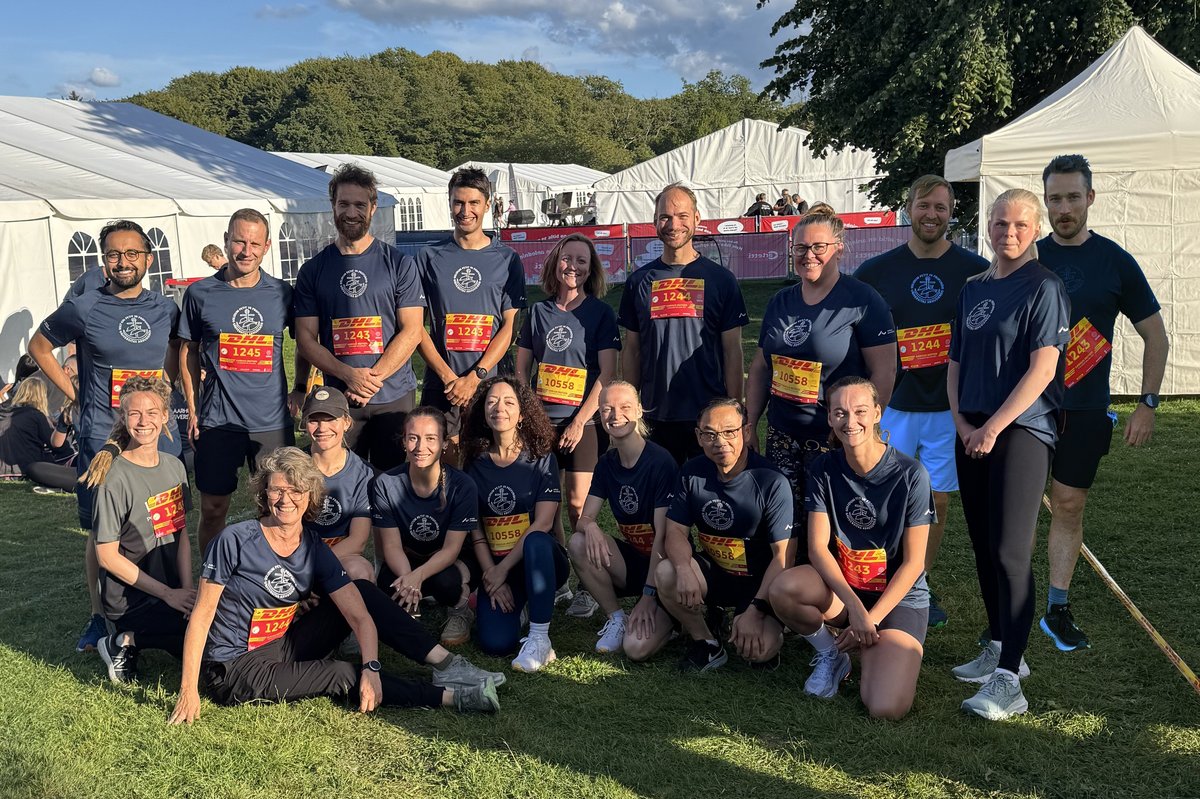The MR Research Centre at Aarhus University
The Magnetic Resonance (MR) Research Centre, Department of Clinical Medicine, Aarhus University, located at Aarhus University Hospital, provides state-of-the-art facilities and resources for advanced bioimaging research.
Our core mission is to develop and translate new MR technology to researchers and clinicians to push the boundaries for excellence in magnetic resonance spectroscopy and imaging.
We offer scanning facilities for pre-clinical and clinical studies of biomedicine and bioscience – including special dynamic organ function measurements and detailed metabolic tissue measurements in connection with diseases.
Hyperpolarization
What is hyperpolarization?
Hyperpolarization is defined as a method to increase the signal that is obtainable with magnetic resonance spectroscopy or imaging beyond what is possible at thermal equilibrium or in other words under normal conditions.
The hyperpolarization method, dissolution dynamic nuclear polarization (d-DNP) is able to increase the signal more than 20.000 times.
What is it good for?
The signal amplification allows us to trace the individual cells of the body’s uptake and breakdown of specific metabolic substrates in real time. This provides improved specificity for a great deal of physiological and pathophysiological conditions, by tracing the enzymatic conversion of important intermediates in lipid, sugar and amino acid metabolism.
MR safety Forms
- Patient CHECK FORM - obligatory for all patient examinations
Download the form here
- Registration of patients and volunteers at the reception desk
Download the form here
- Patient reimbursement
Download the form here
- Compensation, healthy volunteer
Download the form here
- MR safety and Pregnancy
Both for operators and patients See information here
- RedCap Safety form
Download from here


